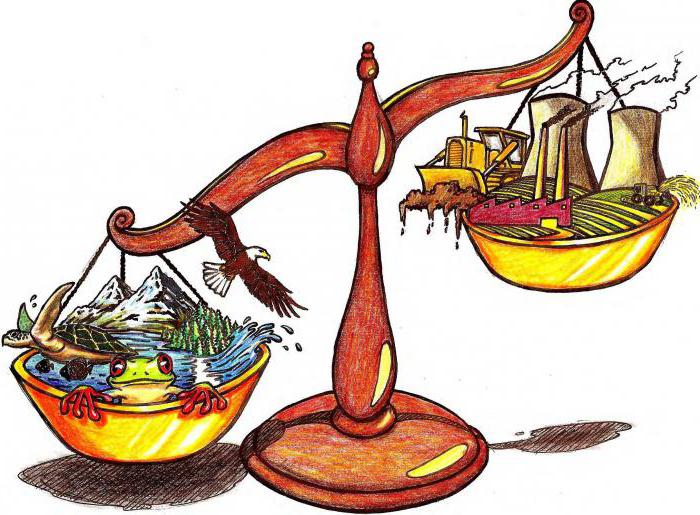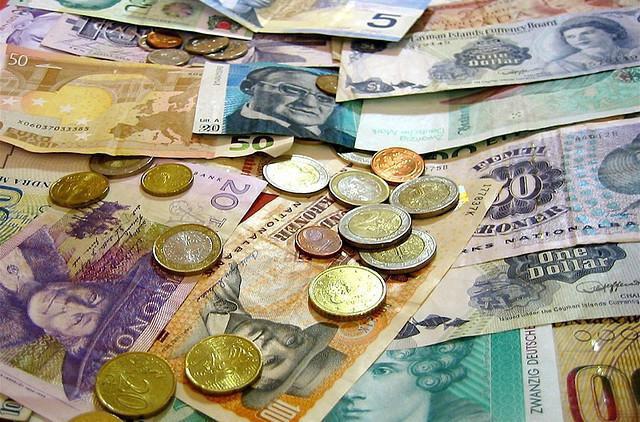One of the main elements in the formation of the state plan of income and expenses is the balance of the budget. In an ideal economic situation, the sum of costs and revenues should be equal. In reality, indicators are rarely the same. This gives rise to two concepts: deficit and budget surplus. This is a characteristic of the current result of the economic activity of the state. Each of the concepts is twofold: debt does not always adversely affect the country, and sometimes the benefits are not achieved in the best way. Balance is the main guarantee of success. In order to understand and comprehend the general picture of the country's economy, we consider the basic concepts: budget deficit, expenses, income, budget surplus.
Characteristic of the budget system of the Russian Federation
As you know, a system is a set of elements that make up it. Considering the state budget, it is worth considering: which subjects of the Russian Federation are involved in its formation and use. The smallest unit of the system in question is local funding. Funds allocated to this budget are used within the same city, region, village.
The regional level is made up of regional, district and autonomous budgets and extra-budgetary funds related to these territories. The combination of federal funds and state extra-budgetary funds forms the first level of the system.

In addition, note the consolidated budget, which includes all levels of the state budget system. For example, for the Russian Federation it will be a combination of local, republican and federal funds.
The result of the consolidated budget may differ from the performance of individual entities. For example, in 2000, there was a budget surplus at the federal level. The economy seemed to flourish, and there would be enough funds to cover debts. However, the consolidated budget indicators spoke about the opposite process - the deficit. The situation was assessed in two ways. Some were of the opinion that the federal budget surplus is an achievement of the government. Some considered the incident an omission.
The main items of state spending
Costs - this is the sum of costs that must be implemented to achieve some benefits. Perhaps everyone is familiar with this concept. What is the scale of government spending? Huge Economists carefully consider all the items of possible expenses in order to plan as correctly as possible, achieve equilibrium and avoid such a phenomenon as a budget deficit and surplus. What expenses can a country have? Conventionally, they can be divided into cost groups:
- the military;
- economic;
- social;
- foreign policy;
- managerial;
- emergency.

At the current pace of government activity, costs are ahead of benefits. This was also mentioned by the German economist A. Wagner: "In countries with developed industry, expenditures are generated much faster than national income."
Country income
The problem of the growth of material benefits of the state lies in the fact that the bulk of them falls on tax revenues. About 84% of the total federal budget is precisely the mandatory payments of citizens and legal entities. The remaining part is accounted for by profit from foreign economic activity, property leased out and funds raised by earmarked budget funds. Thus, the deficit and surplus of the state budget directly depend on the timeliness of tax revenues and their amounts.
Concept of budget deficit
Deficit is the negative difference between income and expenses. Most modern states exist in excess of acceptable costs. Despite the obvious shortcomings of the budget deficit, many economists consider it a kind of "cure." Lack of funds stimulates the government to revise the state development plan. Agriculture and industry begin to develop, and export volumes increase.

But an excessively rapid increase in external debt will not be able to bring benefits to the country. A disproportionate amount of liabilities in comparison with funds generates an increase in inflation and can even lead to default.
Causes of deficiency
A variety of factors influence the occurrence of an undesirable economic situation, both objective and subjective. Most often, the excess of income over expenses occurs in the following situations:
- decline in production and its low productivity;
- rising unemployment in the country;
- uncontrolled cost increases;
- high costs of maintaining the armed forces, administration.
The occurrence of a budget deficit is not always associated with a lack of foresight and good planning of the state’s economic situation. Often, emergency, military operations, natural disasters undermine the situation. It is also worth paying attention to what exactly scarce funds are spent on.
Cost recovery methods
If an unforeseen situation still happened, the state should solve the problem as correctly and painlessly as possible. Unfortunately, the lack of control of local government often leads to the fact that there is a deficit of the local budget, which ultimately affects the indicators of the consolidated budget.

World practice has developed several methods for resolving a crisis situation:
- government loans from partner countries;
- strengthening the tax regime;
- the formation of banks reserves second level.
Each of the methods has its advantages and disadvantages. The last two methods result in the discontent of citizens and companies within the country and can only improve the situation for a while.
An increase in tax payments usually leads to an increase in unemployment and, in general, to “evade” obligations from the state. Ultimately, a country runs the risk of receiving even less than it did before the change.
Loans from other states most often become the most rational way to get out of a quandary. Especially if the deterioration has arisen in connection with an emergency situation and the restoration of the balance of income and expenses is projected soon.
Is budget surplus good?
When the difference between income and expenses remains positive, we can talk about the balance of funds, a kind of "profit". Still, increasing money is better than growing debt. So, probably, almost every citizen will judge. But economists do not think so. Yes, the budget surplus is the savings that are usually spent on repayment government loans. At the same time, one must not forget how the positive residue was formed. If due to a deliberate lack of funding for certain economic entities country, then nothing good in the end it will not end. The industry for which they spared money will begin to limp in order to look better in the overall picture than it actually is.

Another question is if the funds were directed in the right amount, but they were used wisely. The saved part did not harm the activity of the subject and at the same time brought additional benefits to the state. It turns out a double benefit. In this case, the budget surplus is a positive phenomenon.
Deficiency of budgets of different levels
Indicators of economic activity of the state and administrative units may vary.For example, at the local level there are not enough funds, debts are formed. And at the national level, everything is fine: even a positive balance has formed. It turns out that the federal budget surplus does not yet speak about the impeccable state of the economy.

For a qualitative analysis, it is still necessary to consider the indicators of the local, regional, federal and consolidated budget. The difference in the final results depends on many factors: sufficiency of financing, rational use, corruption. In recent years, the most acute problem of budget balance is precisely at the local and regional level.
The importance of a balanced economy
To achieve stability and prosperity is only possible by observing the principle of a balanced budget. With a competent distribution of funds, it is possible not only to avoid shortages and surpluses, but also to correct the unfortunate situation of the past period. A sober view of things is necessary: one cannot knowingly overestimate and underestimate the bar where it concerns the economy. Assuming a deficit is in principle contrary to the ideas of positive planning. Knowing that the budget surplus is a double-edged sword, it is better to bypass it. The balance of income and expenses is the only purpose and meaning of drawing up a budget allocation plan.

A budget deficit and surplus are concepts that any state faces. Only a qualitative analysis of the situation, strict control of local and regional bodies, supported by legislative acts, are able to balance two opposing states of the economy. The developed tax system, which would not allow many enterprises and citizens to go into the “shadow”, is also important.








